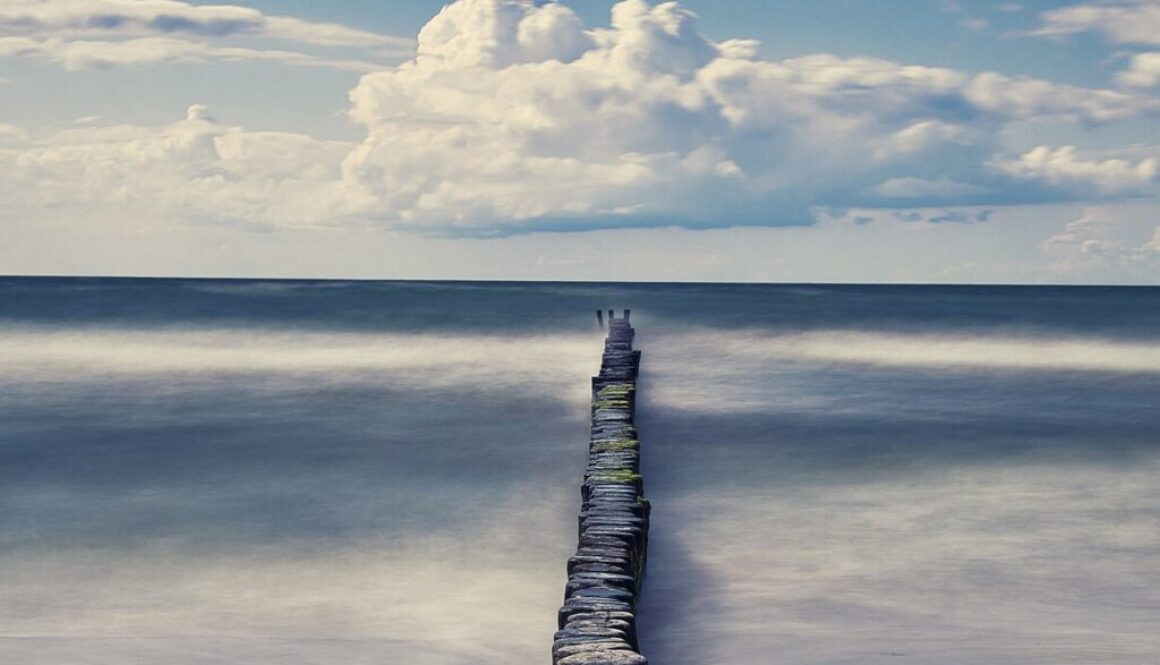Baltic Sea: Total Allowable Catch 2025
Following the introduction of emergency measures in the Baltic to protect cod stocks five years ago, the situation has only worsened, and there are no grounds for optimism that things will improve any time soon, as we tackled during the “Baltic emergency” event held in Brussels in June.
On May 31, the International Council for the Exploration of the Sea (ICES) published its scientific advice on how much fish can be extracted from the Baltic Sea next year (2025). This advice is produced to inform the European Commission (EC) and the
AgriFish Council when setting fishing opportunities for 2025, and the EC’s proposal on fishing opportunities in the Baltic, due to be published at the end of August.
The ICES advice shows that most stocks are not recovering or are even declining further. Sprat has now been added to cod and western herring as species at historically low levels. Whilst LIFE welcomes the ICES advice to reduce fishing levels, we are concerned that this advice does not go far enough, blinkered as it is, and unable to go beyond a simple single species approach.
Whilst quotas for targeted fishing have been reduced, ICES has not taken into account either the impacts of natural mortality (notably predation by cormorants and seals) nor by-catch mortality in their recommendations. In the case of cod, fish are still being caught in large quantities in demersal trawl fisheries targeting flat fish (flounder and plaice). Far more cod is being caught (and discarded) as bycatch in these fisheries than in the fisheries targeting cod.
For these reasons, LIFE asserts that in sea areas 21-32, for fisheries targeting Cod, Plaice and Western Herring, fishing should be closed to all fleets and gears excepting for small- scale low impact fleets using passive gears. The provisions of Article 17 of the CFP make this possible, by applying criteria of an environmental nature to allocate fishing opportunities only to vessels under 12 metres using non-towed gears.
Access here: recommendations by LIFE Baltic membership
Contact: Christian Tsangarides, LIFE Baltic and North Sea Coordinator, bans@lifeplatform.eu

